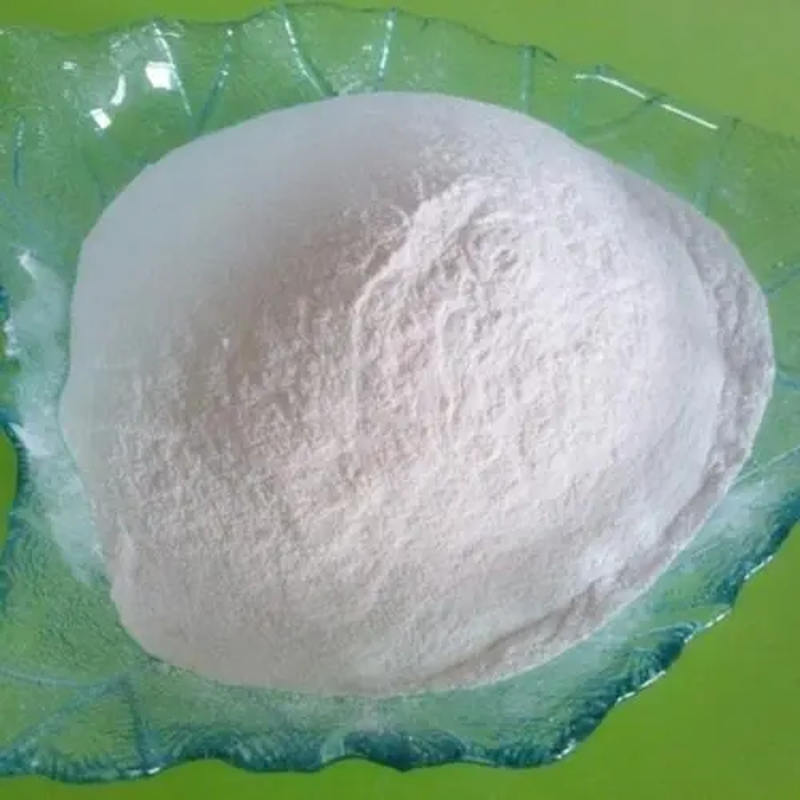-
Categories
-
Pharmaceutical Intermediates
-
Active Pharmaceutical Ingredients
-
Food Additives
- Industrial Coatings
- Agrochemicals
- Dyes and Pigments
- Surfactant
- Flavors and Fragrances
- Chemical Reagents
- Catalyst and Auxiliary
- Natural Products
- Inorganic Chemistry
-
Organic Chemistry
-
Biochemical Engineering
- Analytical Chemistry
- Cosmetic Ingredient
-
Pharmaceutical Intermediates
Promotion
ECHEMI Mall
Wholesale
Weekly Price
Exhibition
News
-
Trade Service
Upper respiratory tract infection (URTIs), narrowly known as colds, are diseases caused by pathogenic microorganisms invading the respiratory tract and multiplying.
are often treated clinically with antibiotics (mainly for bacteria), but since most URTI is viral, antibiotic treatment is not only ineffective, but can also lead to antibiotic resistance in bacteria due to overuse.
a recent article in BMJ Evidence-based Medicine suggests that honey, a common nutrient in everyday life, may be a better treatment for URTIs.
in this paper, researchers at the University of Oxford, through a systematic analysis of 14 literatures related to URTIs and honey, found that honey was significantly better than current conventional care methods in improving patient syndrome, cough frequency and cough severity.
http://dx.doi.org/10.1136/bmjebm-2020-111336 As a common folk therapy, honey has been used to treat colds and coughs for thousands of years.
70% of the bee sugars made from bees are fructose and glucose, as well as a variety of nutrients such as essential amino acids, proteins, vitamins, active enzymes and trace elements.
To assess the effectiveness of honey in treating URTIs, the researchers first searched 1,345 URTIs-related literature using keywords and meSH word lists, and after excluding literature with little correlation and low quality, they screened 14 clinical trial reports covering 1,761 patients.
using RevMan 5.3 software to analyze the data, the researchers found that the trials covered virtually all of the traditional treatments for URTIs, with 11 reports involving pure honey and honey combined with substances such as drugs, coffee, milk (collectively, "honey therapy") and 3 reports involving cough syrup with a common honey content.
the characteristics of the 14 studies included in the analysis included cough symptoms, the study's assessment criteria included sleep difficulties, overall subjective symptoms and the duration of rhinitis, myalgia, congestion, and cough.
all the data, the researchers found that honey therapy was effective in improving symptoms, cough frequency, and cough time in urTI patients.
, honey therapy reduced the frequency of coughing by 36 percent, the severity of coughing by 44 percent, and the duration of infection by an average of two days.
the changes in the syndrome score, cough frequency, and severity of cough in patients receiving honey therapy compared to conventional treatment, why is honey so magical? The answer to this question may be from a report at the 247th National Conference of the American Chemical Society (ACS) in 2014.
report, Susan M. Meschwitz of the University of Saul Ergina suggests that honey could be a "sweet" solution to the problem of severe and growing bacterial resistance to antibiotics.
This is mainly due to honey contains a variety of bacterial "big killers", for example, the high-efficiency antibacterial substance hydrogen peroxide, which is the main reason honey has a strong antibacterial capacity, high sugar concentration of the osmosis effect can dehydrate bacterial cells, in addition to antioxidant polyphenols also have a certain sterilization effect.
not just anti-bacterial, and numerous studies have shown that honey also has antifactoxic and antiviral properties.
Although there are some shortcomings in this study, such as the risk of bias in the studies included in the analysis, which may make it difficult to assess the role of honey in mixed therapies, this is the most comprehensive systematic analysis to assess the symptoms of honey improving a range of upper respiratory tract infections, suggesting that honey may be a cheaper, more accessible and less harmful treatment than antibiotics.
, of course, higher quality and larger placebo-controlled trials are still needed to assess the effectiveness of honey in treating upper respiratory tract infections.
.







